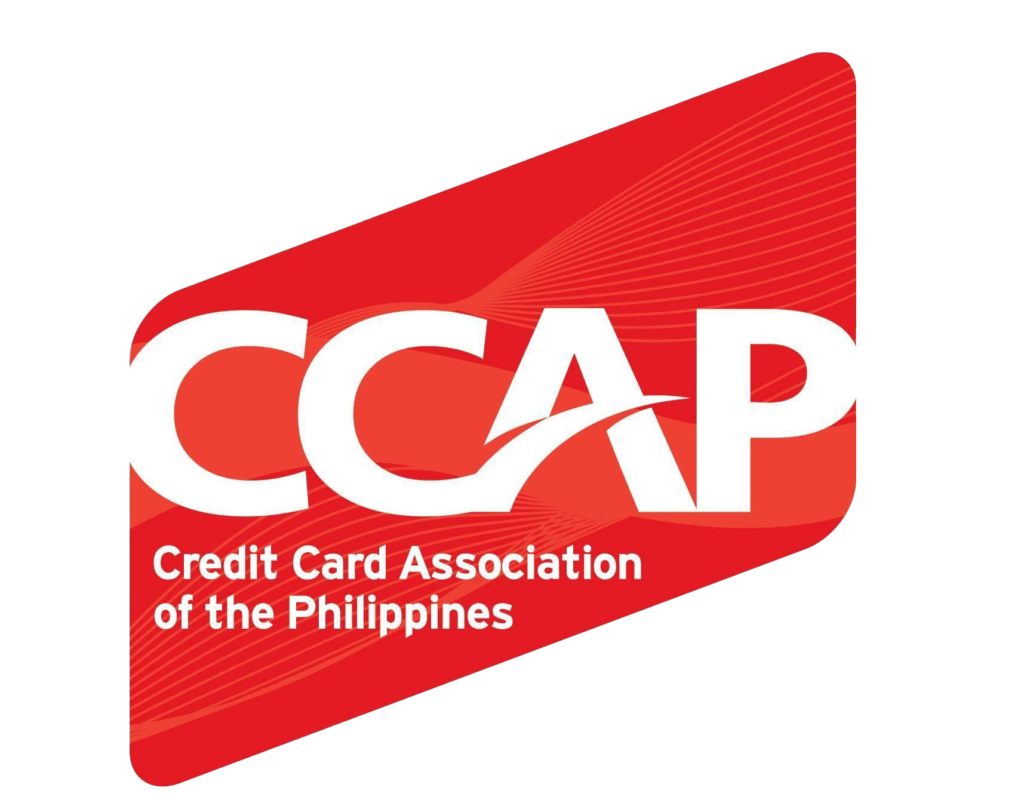Empowering women through credit cards
In this era of high inflation and uncertainty, credit cards can be powerful tools of economic empowerment for women. It increases their financial flexibility, opens them up for investment and financing opportunities, and improves overall quality of life, according to the Credit Card Association of the Philippines (CCAP).
“Credit cards are an effective way to advance financial inclusion and bring disadvantaged people into the financial system, including low-income and young women. They boost women’s spending power, which spurs consumer spending that the economy needs to recover from the aftershocks of the pandemic,” said CCAP, the umbrella organization of the country’s 17 major credit card issuers, in line with the International Women’s Month celebration this March.
Credit Card Association of the Philippines (CCAP)
As of 2021, however, only 8.09% of the country’s working population own a credit card, according to the World Bank collection of development indicators, compiled from officially recognized sources. This indicator means thousands of women have yet to know how a credit line can empower them, CCAP said.
While credit cards are usually regarded as a luxury — a way to acquire designer clothing pieces, book international trips, and other indulgences — for many, it is a convenience they cannot live without. This rings true for people in different rungs on the economic ladder.
“Regardless of what hat she wears—mother, wife, entrepreneur, employee—a woman carries many financial responsibilities. Having access to credit makes it easier for her to handle these obligations,” said CCAP executive director Alex Ilagan.
CCAP executive director Alex Ilagan
One unique characteristic of credit cards is it acts as a standby line of credit, making basic necessities conveniently accessible. “Consumers need not apply for a loan every time they want to avail of the credit facility, unlike in other types of consumer loans. And there is no limit to the number of times they can use the credit line as long as the total amount of the transactions is kept within the card’s credit limit and they are able to pay the amount due on time,” he explained.
In addition to providing cardholders with a quick fund injection in case of emergencies, credit cards also enable women to manage their personal finances. Card users have up to 51 days from the date of purchase to pay for credit and even at no cost if they pay the full credit amount before the cut-off date.
Aside from helping support her daily needs, a credit card also makes other forms of financing accessible to women. Those without a stable income can build their credit history to get loan approval. Credit card issuers also protect women needing funds from the informal lending sector such as loan sharks that impose exorbitant interest rates, causing borrowers to fall into perpetual debt, added Mr. Ilagan.
“Another unique advantage is you can use your credit card abroad to purchase goods and/or avail of services on credit. You don’t have to bother with the currency exchange because the billing will automatically be converted to Philippine pesos,” he added.
Women with multiple credit cards are often vilified due to the misconception that they are irresponsible over-spenders. This myth is perpetuated by the stereotypical swipe-happy shopaholic who stars in many films and TV shows. But this narrative is false, as women have long been in charge of the budgeting, paying the bills, and managing other financial household duties.
“Women and credit cards: that’s a love affair worth pursuing in the name of economic empowerment. After all, nothing is more empowering than financial freedom and having everything within reach. And when women have the power to make, spend, save, and control their own money, they make gains not only for themselves but for the local economy as well,” he stressed.





